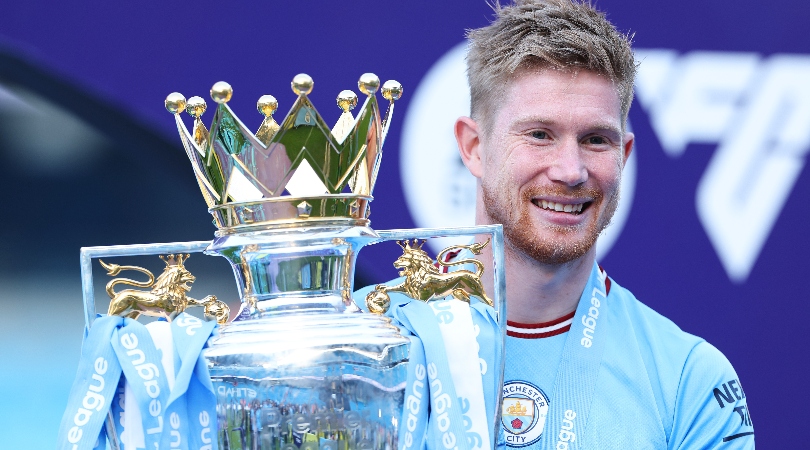Why Jose Mourinho has finally picked a battle that he can’t win
The Manchester United boss is one of football’s greatest managers, but in 2018 he looks a man out of time and at odds with the football landscape, writes Seb Stafford-Bloor
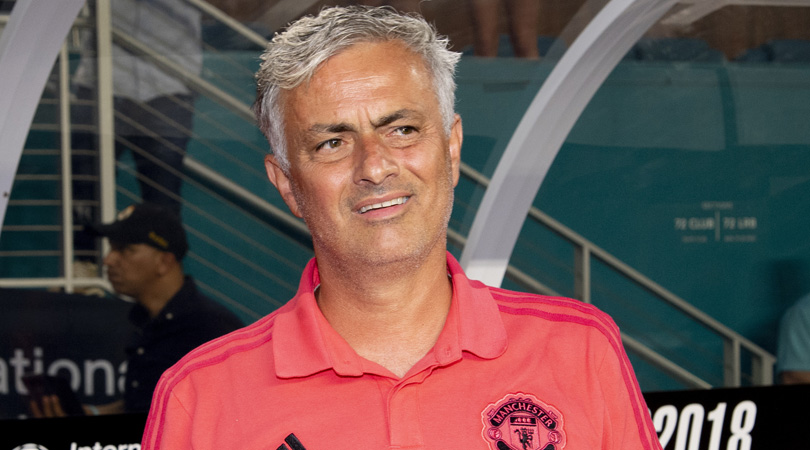
If reports are to believed, Real Madrid midfielder Mateo Kovacic recently declined the opportunity to discuss a move to Manchester United. Kovacic has been searching for an escape from the Bernabeu substitutes’ bench for some time but, apparently, the prospect of playing for Jose Mourinho is none too enticing.
Veracity is in short supply at this time of year, but it’s the kind of anecdote which is easy to believe. Mourinho has become known as an enemy of flair and Kovacic, whose game depends on expression and license, is presumably unenthusiastic about being reduced to a nondescript component.
Extend the fantasy slightly further and it puts an interesting spin on the relationship between Mourinho and his chairman, the much-maligned Ed Woodward. While Woodward is commonly portrayed as the weak link in United’s recruitment and Mourinho has spent much of the summer complaining about the club’s transfer dealing, it’s plausible that whatever organisational weaknesses United do have are actually being accentuated by their head coach’s reputation.
Wealth of success
What a strange thing to say. There was a time when almost every player in the world would have given their eyeteeth to play for the Portuguese. His brand of football has never been anything other than quite mechanical, but that wasn’t always so prohibitive; the combination of Mourinho’s career history of success and his respective clubs' wealth was usually enough to assuage any doubts about style.
No longer, it seems. The modern professional is aware of the difficulties experienced by Kevin De Bruyne, Mohamed Salah, Paul Pogba and Anthony Martial and wonders whether it’s really worth the bother. United remains one of the biggest clubs in the world, but there are many other footballing destinations where life is easier and the basic wage is just as generous. The old joke used to be that foreign players avoided Manchester because of the weather, but now Mourinho has brought the rain indoors; to play for him is to be exposed to perpetual squalls of acrimony.
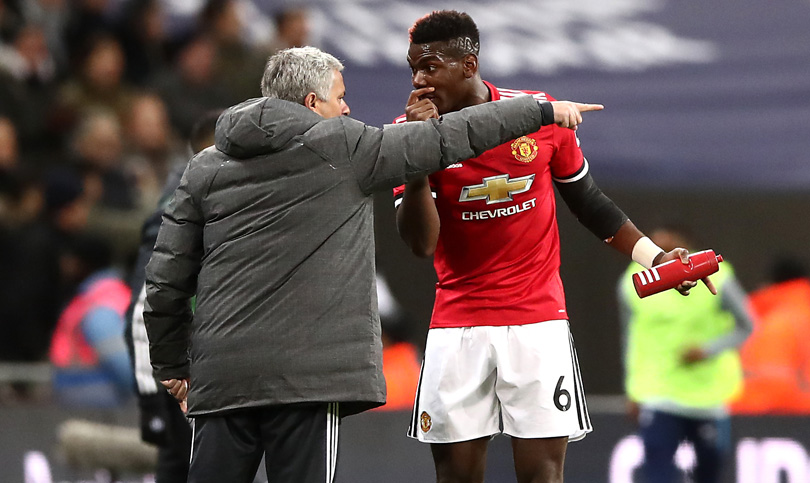
It’s been the theme of the pre-season, too. The Anthony Martial saga aside, United have trudged across the west coast of America, with their manager muttering darkly about a lack of signings, a paucity of ambition, and - perhaps most discouragingly - an under-talented squad. It must have been extremely dispiriting for the supporters; for everyone else, as always, it’s been excruciatingly dull.
Get FourFourTwo Newsletter
The best features, fun and footballing quizzes, straight to your inbox every week.
And that matters. The fallacy about modern football is that it remains purely a results business. But that’s only a half-truth. League positions and continental qualification continue to matter, but now so too do the means by which those results are achieved.
Football clubs are supposed to be aspirational now, that’s the universal cornerstone of every major sporting brand, and United are no exception. It may not be imperative to play each game with reckless ambition each week, but these business models depend on the perception of that being possible - that trophies, glory and excitement are always just around the corner, and that each season will be better than the last.
Coming of age
Some managers fit this age perfectly. Pep Guardiola remains in a state of constant reinvention and that serves the 'better tomorrow' ideal very effectively. Jurgen Klopp, for different reasons, is also a perfect contemporary head coach. The German’s funny faces and made-for-media soundbites can become irritating over an eight-month season, but his personality - and the atmosphere it helps to create - has simmered native enthusiasm on Merseyside and, alongside his incendiary gegenpress, has helped to remodel Liverpool’s image.
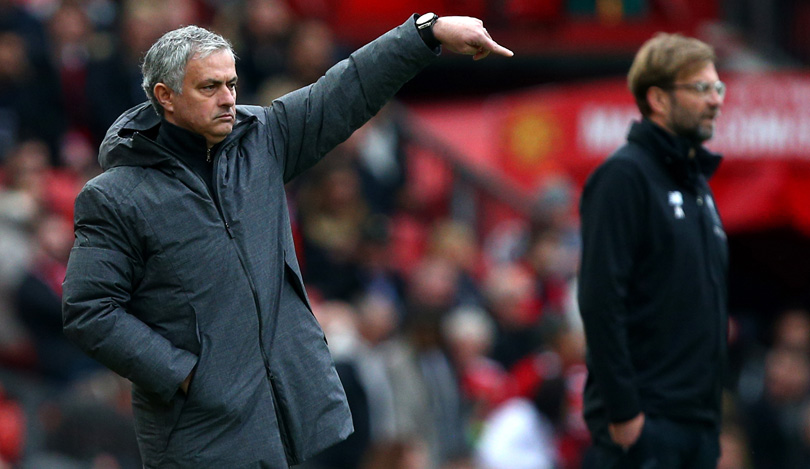
That may seem like an antagonistic example to draw, but it’s still appropriate: it’s hard to imagine Fabinho, Alisson Becker and Naby Keita being desperate to join Brendan Rodgers’ Liverpool, but Klopp has provided a different magnetism entirely. Within reason, is there a young player in Europe who, given the choice, wouldn’t want to play at Anfield?
Klopp is responsible for that. At Manchester United, Woodward might well be complicit in the opposite situation occurring, as too most likely is the nakedly clear consolidation pattern that the club’s owners have fallen into, but so is Mourinho.
From being the continent’s pre-eminent coach, he has become a footballing Chernobyl; chugging his misery into the game’s atmosphere. There is no evolution to his coaching anymore, no clear plan other than to buy at the top of the market and overcome the competition with sheer weight of numbers. As that has become his identity, so it has become his employer’s too.
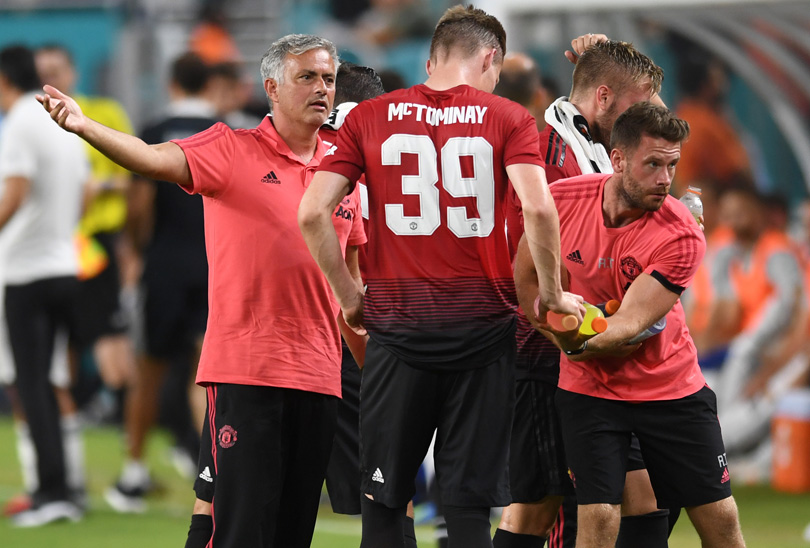
That’s a problem, because this is not a union which will last forever. According to recent fan surveys, most expect Mourinho to leave Manchester United before the end of the season. And then what? Over the past three years, every sporting director in Europe will have noted his performance, observing his familiar grumpiness and habitual need for conflict, and reason - presumably - that, should the need arise, the Portuguese is a problem that they could very much do without.
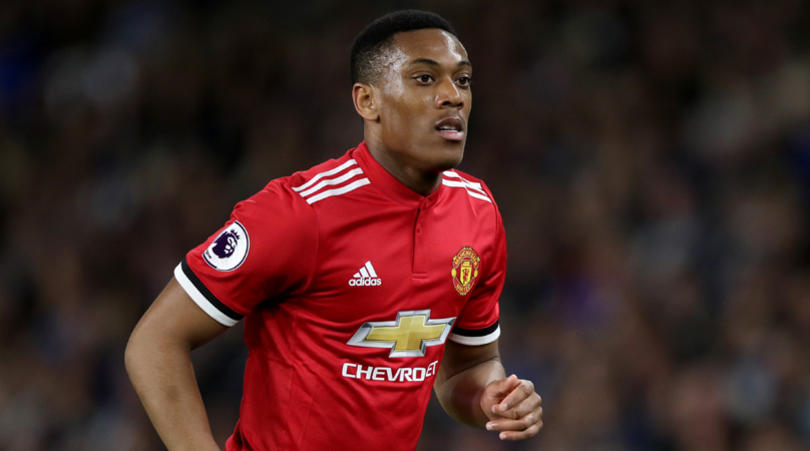
What happened to Anthony Martial?
Where does the money go at Newcastle United? Why the Magpies are playing a dangerous game
Not unreasonably so, because that blend of pragmatic football and frequent hostility is out of the step with the game’s direction. If it’s proven correct, so too is this rumoured tactical aversion that current elite players seem to have for him; footballers want to grow and be challenged, and the very best tend to have scant enthusiasm for being broken down into their simplest parts and having their individualism diluted away.
In a broader sense, under Mourinho’s guidance a club becomes less likeable and less admired. It happened at Real Madrid, it occurred at Chelsea and, in the present day, it’s happening to Manchester United. He is them, they are he - they are his ceaseless complaints, his conspiratorial demeanour and his capacity to dampen the fires of some of the finest players in the world. It goes without saying that to the modern billionaires, the sort of owners who bought into the game in search of profile, prestige, and popularity as much as profits, that’s a complete anathema.
There was once a time when, if he left a job at lunchtime, Jose Mourinho would be fielding interested calls from begging chairmen before the sun went down. Not now. Today, barring a dramatic and unforeseen reinvention, he is approaching the end of his big-club lifespan. He’s out of step with the game and out of tune with the world which surrounds it.
Seb Stafford-Bloor is a football writer at Tifo Football and member of the Football Writers' Association. He was formerly a regularly columnist for the FourFourTwo website, covering all aspects of the game, including tactical analysis, reaction pieces, longer-term trends and critiquing the increasingly shady business of football's financial side and authorities' decision-making.
